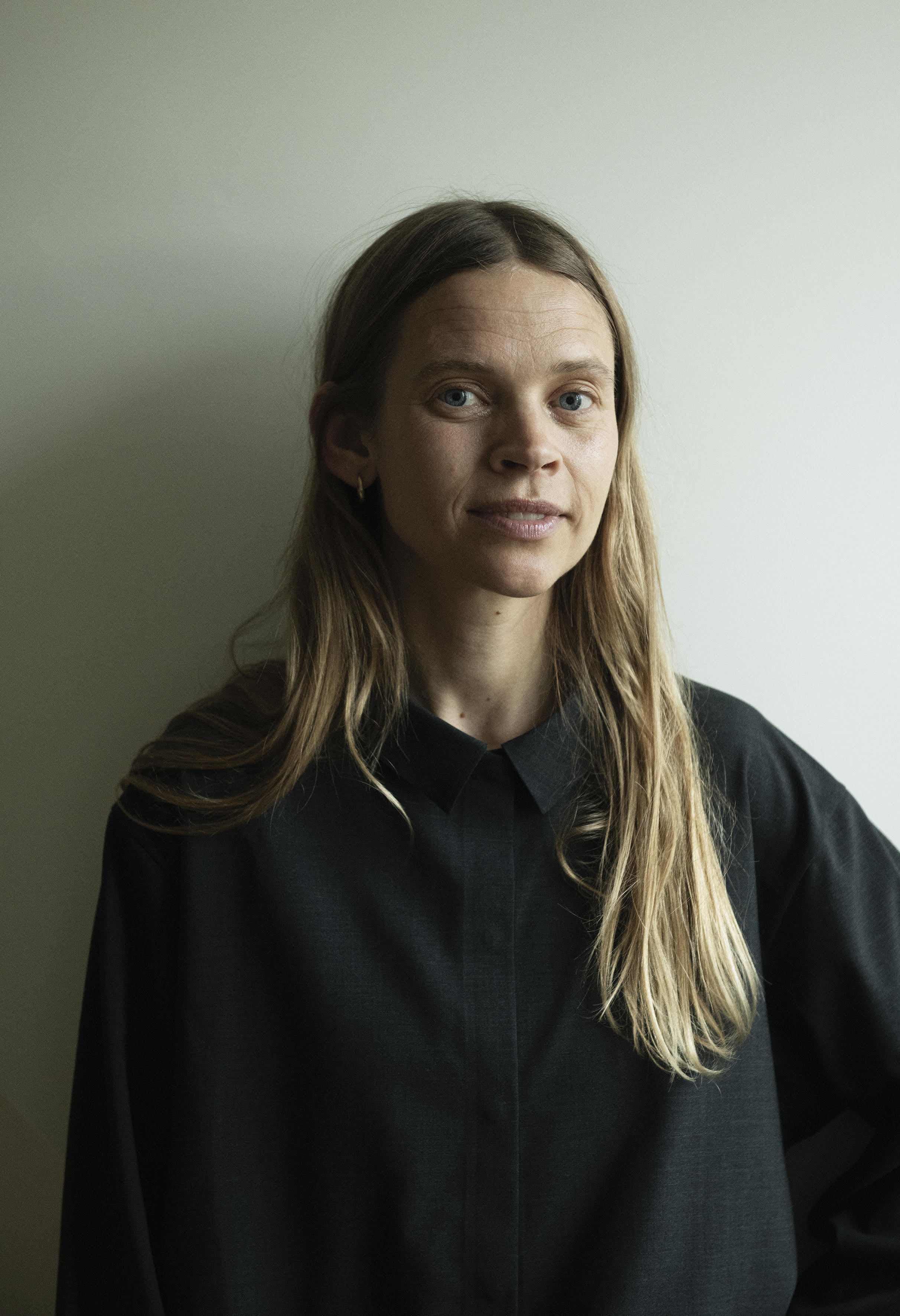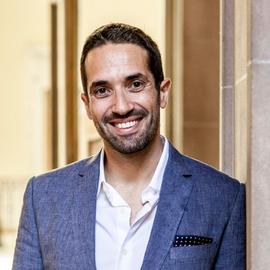CIDR 2025
January 19-22, 2025 Amsterdam, The Netherlands

Menu:
CIDR 2025 Keynote Speakers
Monday Keynote

Pushing the limits of real-time ML: Nanosecond inference for Physics Discovery at the Large Hadron Collider
Abstract:
At the CERN Large Hadron Collider (LHC), high-energy proton collisions generate O(10,000) exabytes of raw data annually. To manage this immense data volume while adhering to computational and storage limitations, real-time event filtering systems must process millions of proton-proton collisions per second, utilising a staged system of FPGAs, CPUs and GPUs to perform efficient reconstruction and decision-making. Within a few microseconds, over 98% of the collision data must be discarded both rapidly and accurately. As the LHC transitions to its high luminosity phase (HL-LHC), these systems - situated in radiation-shielded caverns one hundred meters underground - will confront data rates equivalent to 5% of global internet traffic, combined with unprecedented data complexity.
To maintain data integrity for meaningful physics analyses, highly optimized machine learning (ML) algorithms are being employed for real-time data processing. This demands the development of novel methods and tools to achieve extreme throughput, ultra-low latency, and low-power inference on specialized hardware.
In this presentation, we will discuss how real-time ML techniques are employed to process and filter vast amounts of data, enhancing physics signal acceptance. We will explore state-of-the-art methods for designing and deploying high-speed ML algorithms on FPGAs, ASICs, and GPUs. Lastly, we will examine the applications of real-time inference in particle physics experiments and its critical role in facilitating the discovery of New Physics.
Bio:
Thea Klaeboe Aarrestad is a fellow at the Institute for Particle Physics and Astrophysics at ETH Zürich. She holds a PhD in Particle Physics from the University of Zürich and has worked as a research fellow at CERN in Geneva before moving to ETH. Her research centers on how Machine Learning can be applied to particle physics problems, especially focusing on using real-time Machine Learning (ML) and anomaly detection for discovering new physics phenomena. She has worked on tools for performing low-power, nanosecond ML inference on field-programmable gate arrays (FPGAs), as well as developing new ML-based methods for collecting and analysing proton collision data at the CERN Large Hadron Collider. She holds several publications in the topics of machine learning and particle physics in journals like Nature Machine Intelligence, PRL and JHEP. She also coordinates the Fast Machine Learning for Science Laboratory and the Targeted Systems Group within the Accelerated AI Algorithms for Data-Driven Discovery (A3D3) Institute.
Wednesday Keynote

Christos Kozyrakis (Stanford University)
The State of Hardware
Abstract:
If data is the new oil, hardware is the essential technology to unlocks its value. In this talk, we will review the constraints of semiconductor technology and the emerging trends in AI training and inference that are redefining hardware architecture. We will delve into the energy tradeoffs in compute and memory, and their implications hardware in the near term. Finally, we will present insights on how other data-intensive workloads can benefit from AI chips and systems and potentially drive the evolution of future hardware technology.
Bio:
Christos Kozyrakis is a professor of Electrical Engineering and Computer Science at Stanford University and a researcher in the computer architecture group at Nvidia Research. He is currently working on cloud computing technology, systems design for artificial intelligence, and artificial intelligence for systems design. Christos holds a PhD from UC Berkeley. He is a fellow of the ACM and the IEEE. He has received the ACM SIGARCH Maurice Wilkes Award, the ISCA Influential Paper Award, the ASPLOS Influential Paper Award, the NSF Career Award, the Okawa Foundation Research Grant, and faculty awards by IBM, Microsoft, and Google.